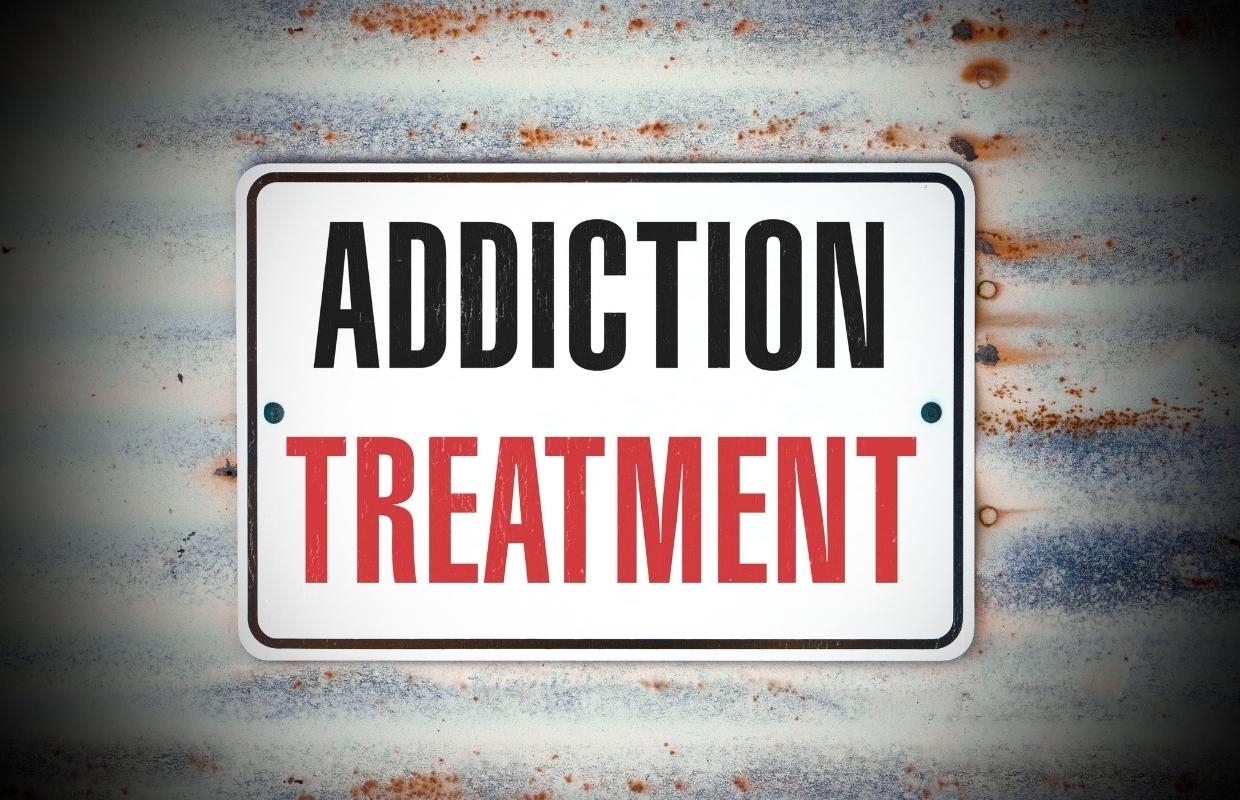Evidence-based Cognitive Behavioral Therapy (CBT) helps individuals develop more positive thought patterns.
Comprehensive Dependency Therapy Options: A Guide to Alcoholism Healing and the Role of CBT
In the world of alcohol addiction recuperation, the adoption of Cognitive Behavior modification (CBT) along with typical detoxification and rehab techniques has actually marked a substantial evolution in therapy paradigms. This incorporated approach not just resolves the physical facets of dependency yet also delves right into the mental battleground where most regressions occur. By furnishing individuals with devices to improve maladaptive thoughts and reactions, CBT enhances the efficacy of their recuperation trip. The combination of such therapies raises interesting inquiries about their synergistic capacity.
Exploring the Spectrum of Alcoholism Treatments

The Scientific Research and Efficiency of Cognitive Behavior Modification in Addiction Healing
Amongst the different healing strategies for alcoholism recuperation, Cognitive Behavior modification (CBT) stands apart as a result of its well-documented performance. CBT operates the concept that maladaptive habits and ideas add to the upkeep of dependency. By reorganizing these thoughts and advertising healthier behavior reactions, CBT aids individuals in taking care of triggers and lowering relapse prices. Research study sustains CBT's efficiency, revealing considerable enhancements in coping approaches and a decline in material use among participants. This treatment is usually time-limited, entailing sessions that concentrate on certain skills like analytical or anxiety monitoring, which are essential for long-lasting recuperation. Furthermore, CBT's adaptability makes it suitable for a varied variety of individuals, better verifying its duty as a keystone in dependency therapy strategies. click for info
Integrating CBT With Other Healing Approaches for Optimum Results
While Cognitive Behavioral Treatment (CBT) proves highly efficient in treating dependency, incorporating it with various other therapeutic approaches can boost treatment results. Furthermore, including peer support groups with CBT encourages sharing experiences and mutual understanding, which boosts emotional durability and recovery commitment. Household therapy can also treatment plan for alcoholism complement CBT by enhancing communication and repairing relationships affected by addiction.

Final Thought
In conclusion, extensive addiction therapy for alcohol recovery includes a diverse method that incorporates medical, emotional, and alternative methods (Mental Health Treatment). Cognitive Behavioral Therapy (CBT) attracts attention as a vital part, considerably boosting the efficiency of recuperation by resolving detrimental idea patterns and behaviors. By integrating CBT with various other healing approaches, people are supplied a robust assistance system, boosting their chances of sustained healing and investigate this site promoting general emotional strength within a supporting area setting